Frédéric Chopin was born in Zelazowa Wola, Poland, towards the end of February, 1810. A composer and a pianist, Chopin was among the most illustrious exponents of musical Romanticism. He demonstrated musical talent on the piano right from childhood, and was only 7 when he published his first composition. When Chopin was 8, he held his first public concert in Warsaw, the town where he and his family lived. He was soon the most popular pianist in Warsaw, and gave his first concerts abroad when he was 19. In 1830, during one of Chopin’s trips to Germany, Poland rebelled against Tsarist Russia. The situation inspired the young Frédéric to compose his Étude Op. 10 No. 12 called the “Revolutionary.” The Études Op. 10 would prove one of his most innovative works. Previously études were mere exercises aimed at developing a pianist’s technique; thanks to Chopin they become pure concerto pieces instead.
At 21 he settled in Paris, where he wrote most of his Nocturnes, songs with sweet and melancholic melodies, that were unmistakable expressions of his musical romanticism. Although still young, Chopin had become a fully mature composer, capable of expressing complex impressions and moods with just a few musical notes. One example of his ability to synthesize were the 24 Preludes Op. 28, brief compositions written between 1831 and 1839, and all in different keys. In 1838 Chopin bound himself to the French writer George Sand. It was the most important relationship of his life, and would continue until 1847. Chopin died in Paris on October 17, 1849, his body destroyed by consumption. He was 39. With Chopin, piano music reached new heights of expressiveness, and he has often been called “the poet of the piano.” He was buried in Paris, but his heart, kept in an urn, was taken to the Church of the Holy Cross in Warsaw.
At 21 he settled in Paris, where he wrote most of his Nocturnes, songs with sweet and melancholic melodies, that were unmistakable expressions of his musical romanticism. Although still young, Chopin had become a fully mature composer, capable of expressing complex impressions and moods with just a few musical notes. One example of his ability to synthesize were the 24 Preludes Op. 28, brief compositions written between 1831 and 1839, and all in different keys. In 1838 Chopin bound himself to the French writer George Sand. It was the most important relationship of his life, and would continue until 1847. Chopin died in Paris on October 17, 1849, his body destroyed by consumption. He was 39. With Chopin, piano music reached new heights of expressiveness, and he has often been called “the poet of the piano.” He was buried in Paris, but his heart, kept in an urn, was taken to the Church of the Holy Cross in Warsaw.
RELATED


EUGÈNE VIOLET-LE-DUC
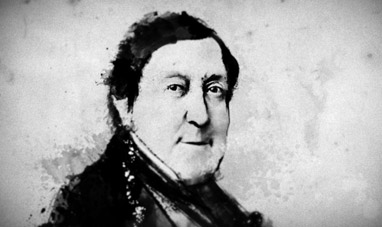

GIOACCHINO ROSSINI
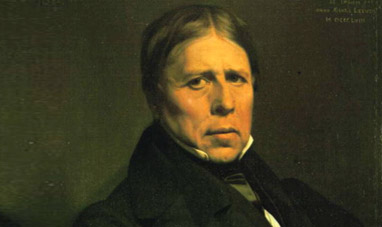

JEAN AUGUSTE DOMINIQUE INGRES


BRAD PITT
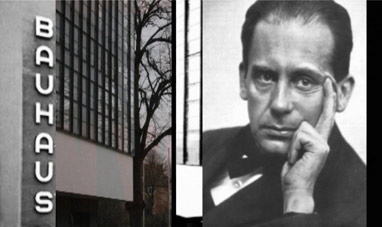

WALTER GROPIUS


ANTONI GAUDÍ
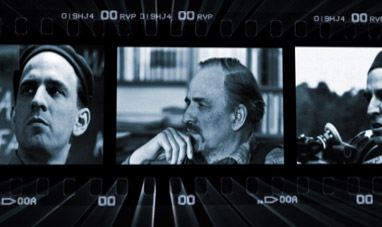

INGMAR BERGMAN


MARTHA GRAHAM


CARA DELEVINGNE


GRACE KELLY


KRZYSZTOF KIELOWSKI


VINCENT VAN GOGH
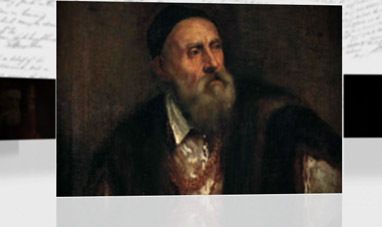

TITIAN
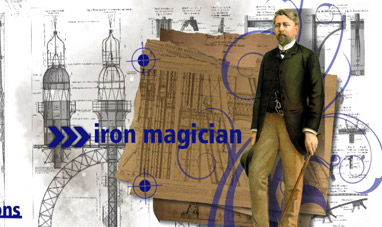

GUSTAVE EIFFEL


GIULIO PAOLINI


ANDREI TARKOVSKY


JOHN CONSTABLE


VASCO ROSSI
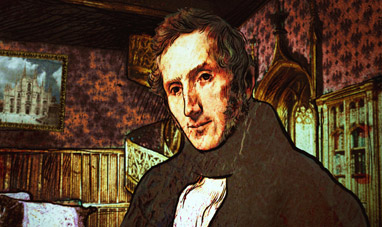

ALESSANDRO MANZONI


ADOLF LOOS


ROBERT ADAM


FRANCIS BACON
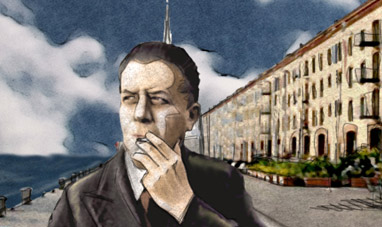

EUGENIO MONTALE


LEON BATTISTA ALBERTI
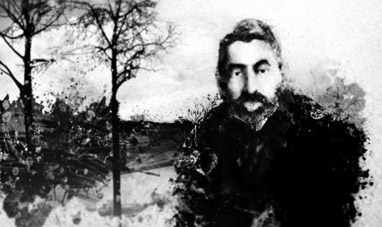

CLAUDE DEBUSSY


DANIEL LIBESKIND
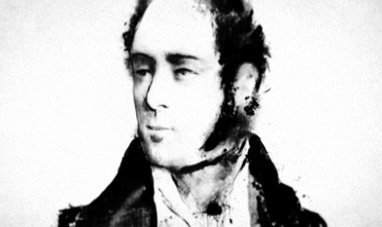

VINCENZO BELLINI
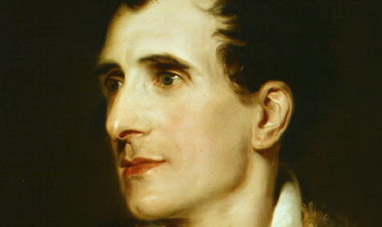

ANTONIO CANOVA


ERNST LUDWIG KIRCHNER


SOPHIA LOREN
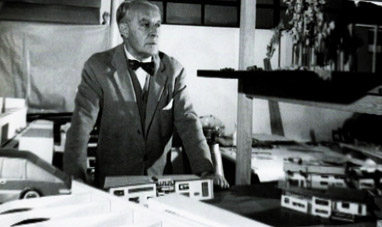

GIO PONTI
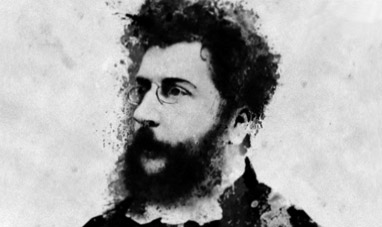

GEORGES BIZET
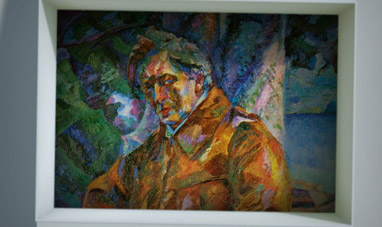

UMBERTO BOCCIONI
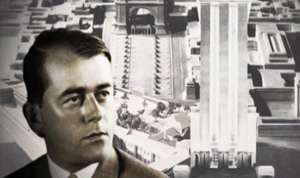

ALBERT SPEER


KATE MOSS


PAUL GAUGUIN
